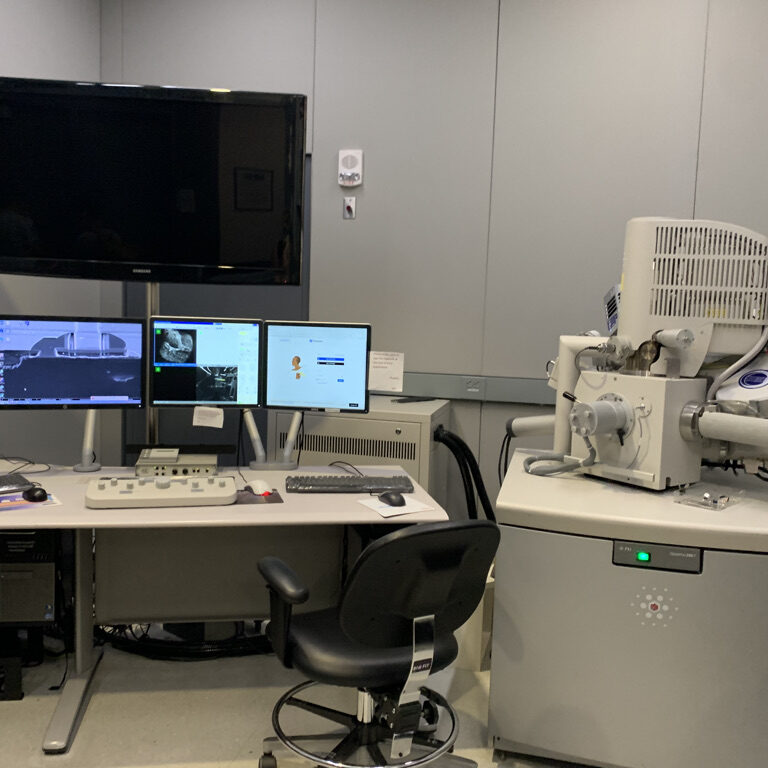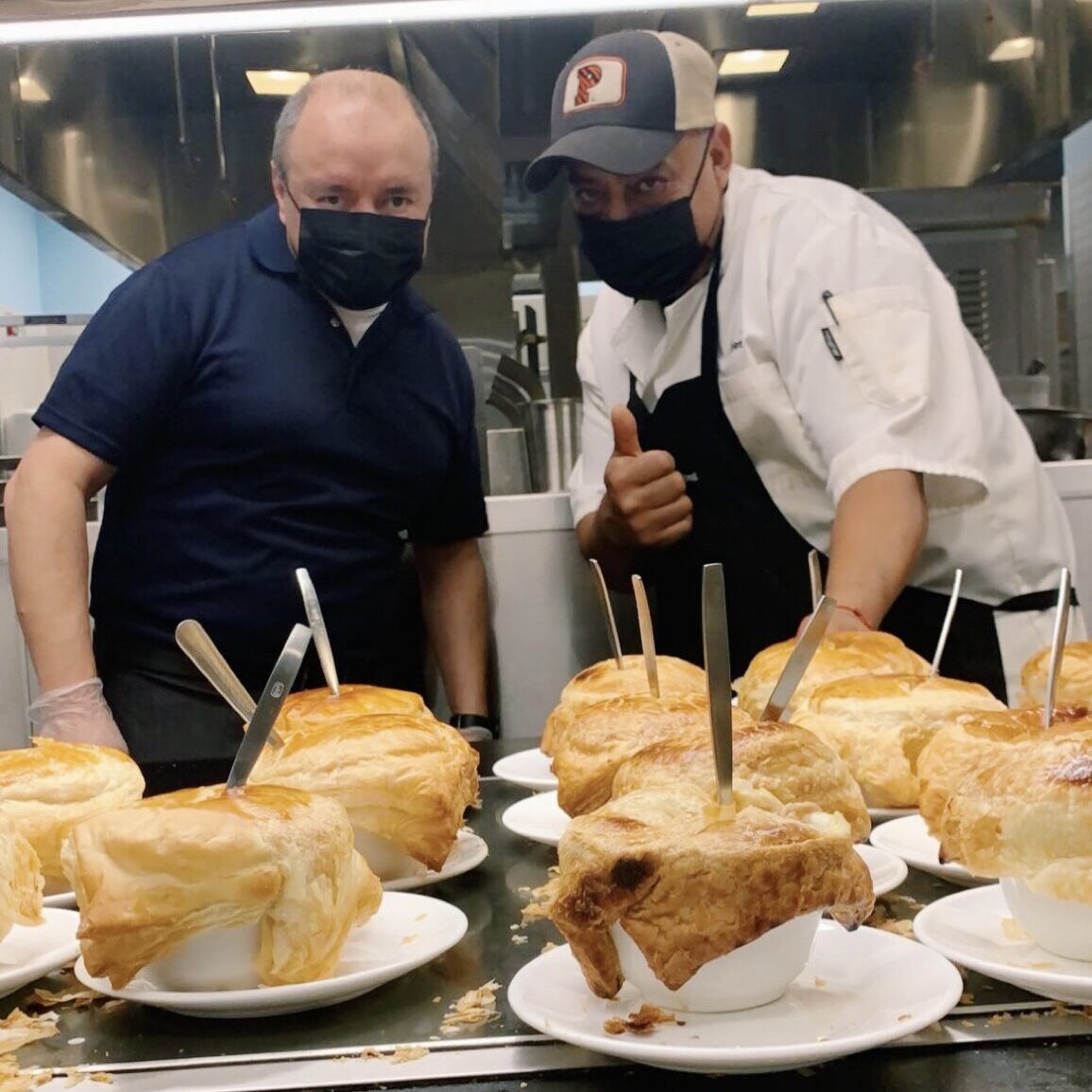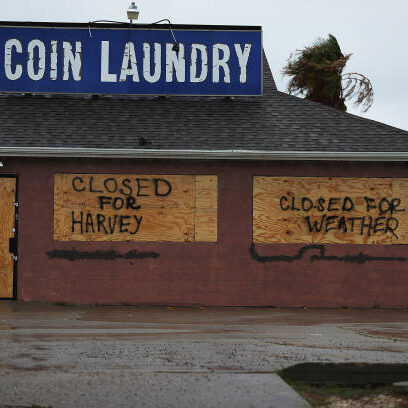As I mentioned in my last post, this summer, I assisted in research by Dr. Kalhor at the Princeton’s Center for Policy Research on Energy and the Environment (C-PREE) in examining the effect of anomalous weather on economic activity as part of an internship funded by the High Meadows Environmental Institute (HMEI) at Princeton University. While my previous post focused on my insights in preparing for internships to maximize your experience, in this post, I want to focus on one of the technical challenges that I faced during the internship: (a) handling big data; and (b) one of the powerful tools that we have as students at Princeton students to handle large amounts of data – Princeton’s large computing clusters.
Continue reading A Guide to Using Princeton’s Computing Clusters to Handle Big DataCensus Records, Wills, and Obituaries: Exploring the Ancestry Library
Have you ever wondered about your family history?
Besides the DNA kits offered by Ancestry and 23andMe, there are more concrete ways of piecing together the different tales that aunts and uncles spin at family reunions. Thankfully, as Princeton students, we are given access to a powerful database to locate, explore, and utilize different genealogical records to the benefit of both our personal and academic research: the Ancestry library. I had earlier discovered this resource through the class HIS 388: Unrest and Renewal in Urban America, whose instructor is Alison Isenberg, who was just featured in PCUR!
You might be asking: What kind of records does Ancestry keep? The records are multitudinous. From census records to wills to obituaries to yearbook photos, Ancestry keeps records from many different places, different times, and different people. The bulk of these records are government documents, often created, collected, and stored by bureaucrats for the purpose of institutional record-keeping and tracking individuals. According to Ancestry, these records are collected from different archives of information across the world, where they are then digitized, made machine-readable, and uploaded to their public database.
So, what does this all mean? What can we do with these documents? Let me show you.
Continue reading Census Records, Wills, and Obituaries: Exploring the Ancestry LibraryAn Interview with Bhadrajee Hewage ’20, South Asian Studies Graduate Student and Researcher
Bhadrajee Hewage is an accomplished researcher in the humanities – he has conducted research in 5 continents, can speak 12 languages, and has published articles in several magazines and journals as well as his own book on Ceylonese Buddhist revivalism (with a second book on the way)! Bhadrajee graduated Phi Beta Kappa from Princeton in 2020 having majored in History and obtained certificates in South Asian Studies, African Studies, and Latin American Studies. I met Bhadrajee through the Davis International Center where he served as Leader Coordinator. From our first few conversations, I was immediately awestruck with the breadth of research he’s done, and this is why I chose to interview him. His published works range from the early history of Rome and Tanzanian political history to the U.S. Civil War.

He is currently a DPhil Clarendon Scholar at the University of Oxford and recently obtained his degree as the Prize Research MPhil Student at the Joint Centre for History and Economics at the University of Cambridge. Broadly, his research interests lie at the intersection of colonial, religious, and intellectual history.
Continue reading An Interview with Bhadrajee Hewage ’20, South Asian Studies Graduate Student and ResearcherReflecting on my Summer Research Internship
As I mentioned in a previous post, this last summer, I assisted in the research by Dr. Elmira Kalhor at the Center for Policy Research on Energy and the Environment (C-PREE) in examining the effect of anomalous weather on economic activity, as part of an internship funded by the High Meadows Environmental Institute (HMEI) at Princeton University. Under Dr. Kalhor’s guidance, it became a fulfilling experience as I had the opportunity to formulate a model of how business activity is affected by extreme weather and thus apply many of the economic tools and theories that I learned to a practical space.
Now that it has been about three weeks since I gave my final presentation of my work to HMEI, I wanted to take the opportunity to reflect on my time there. While the internship was very enjoyable, it also presented me with many challenges – technical ones related to the statistical analysis and the research itself and practical/logistical issues in terms of having a valuable and fulfilling internship. In this post, I hope to discuss some of the more practical issues and guidelines that you could use to help maximize the efficiency of your internship experience, especially if you are working on a research-intensive project.
Continue reading Reflecting on my Summer Research InternshipBack to the Classroom: How to Readjust to In-Person Exams
With midterms being in full swing this week, you’ve most likely started reviewing concepts and studying for these exams. However, another crucial part of the preparation process is to readjust to the in-person exam experience. After a year and a half of taking exams virtually, it is important to recognize that exams in the classroom will look and feel very different, so don’t let that take you by surprise. Whether you are studying for midterms or want to start thinking about final exams, here are a few key tips when it comes to taking exams at Princeton in person:
Continue reading Back to the Classroom: How to Readjust to In-Person ExamsIt’s Midterm Season: 6 Tips for Success on Midterms
Midterms start this week. I know; I also had to read that twice because I could not believe it. Time is flying on campus and it has been amazing, but with everything going on it can be difficult to stay motivated and study for midterms. Nonetheless, I believe in myself and all of you reading this post! We will make it through midterms and we will succeed. Here are the tips and tricks that I am going to use to perform my best, and I hope that you can use them too:
Continue reading It’s Midterm Season: 6 Tips for Success on MidtermsWriting a Literature Review? Some Tips Before You Start
Writing the literature review section for a scientific research article can be a daunting task. This blog post is a summary of what I have personally found to best help when writing about scientific research. I hope some of these tips can help make the process an easier and more fulfilling experience!
Continue reading Writing a Literature Review? Some Tips Before You StartMaking Use of Office Hours
With classes in full swing, I thought I would share my thoughts on what is a woefully underused resource at Princeton: office hours. Going to office hours has been an extremely valuable tool for me in completing problem sets, studying for tests and exams, and connecting with professors. So read ahead for some advice and observations I’ve made!

How to Get Involved with Lab-Based Research at Princeton
As a first-year B.S.E student with little to no previous research experience, the idea of writing an eighty-page senior thesis based on my own lab-based research seemed like an extremely daunting task. Now, into the first semester of my junior year, the thought of having to write a thesis next year still seems like a challenge, although a lot less intimidating than two years ago. The main reason for this is because I have participated in multiple research-based summer internships through Princeton, which have helped me feel better prepared to do lab-based junior independent work and a senior thesis in the coming semesters.
You may also be wondering how early you can get involved with lab-based research at Princeton. Although there is certainly no pressure to do research as a first-year or sophomore if you do not want to, Princeton does make sure that opportunities are available for those who do want to be involved early. Here’s a timeline of some of the different lab-based opportunities available, and when you can start getting involved.

From Zoom to McCosh Hall: 5 Tips for a Successful In-Person Semester

Packed lecture halls. Firestone meetups. Murray-Dodge cookie runs. After a long, hard year, it has been absolutely legendary to be back on campus, hug my friends, and say hello to the gates of Nassau once more. However, the transition from Zoom to the room could be daunting, especially for first years and sophomores who have never been on campus before. Robertson Hall is definitely more intimidating than a breakout room with your camera off. But, in-person classes are amazing here, and I would love to offer some tips for success on making the transition. So, without further ado, here is my advice on in-person life at Princeton:
Continue reading From Zoom to McCosh Hall: 5 Tips for a Successful In-Person Semester



